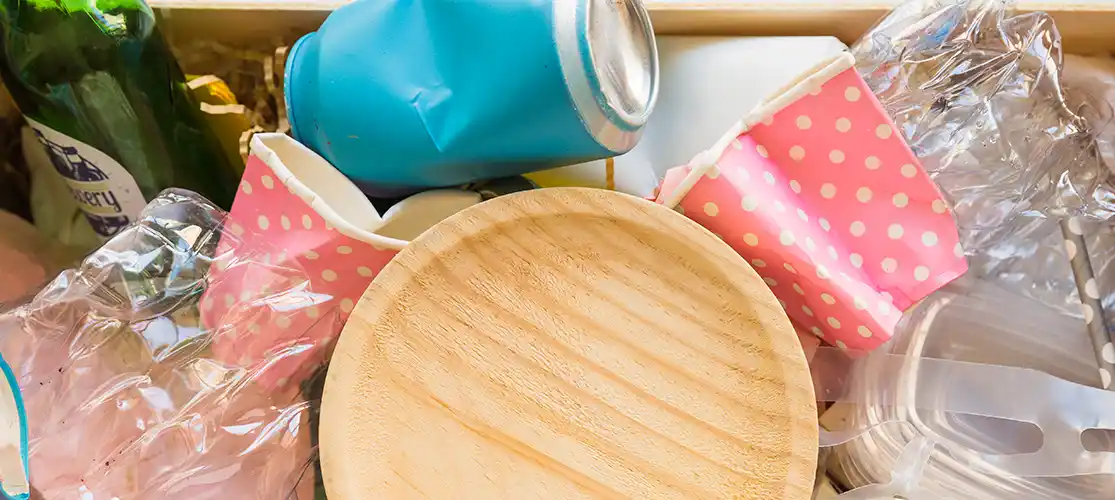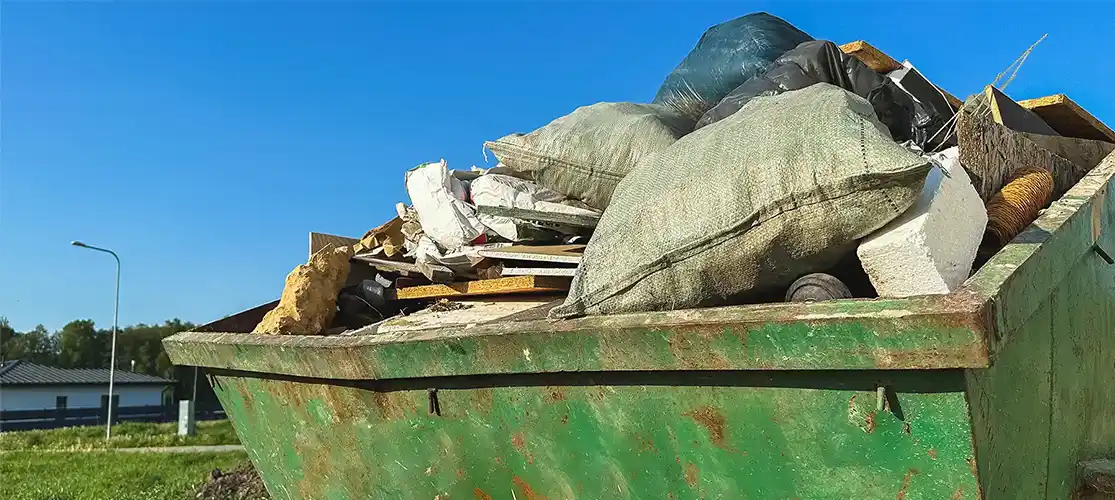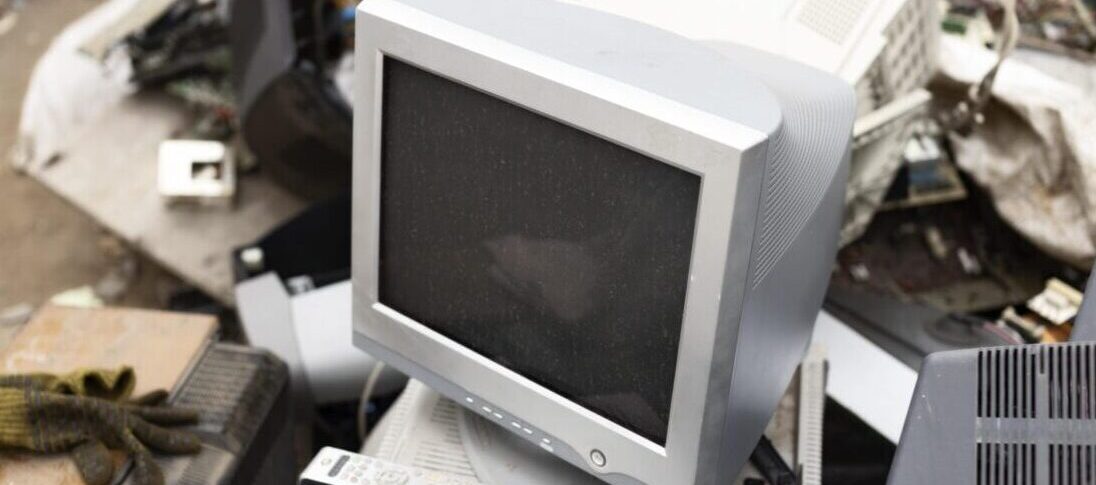Most waste is relatively easy to get rid of. It fits in our household waste or recycling bins, and gets collected by the local council. We have spoken in the past about the importance of properly disposing of your waste, but sometimes when there’s something particularly bulky or awkward, such as mattresses or electrical goods, it can be difficult to know what to do with it. Unfortunately, this can sometimes lead to fly tipping.
In this article, we are going to explore exactly what fly tipping is, why it is bad and whether or not it is a criminal offence. Let’s get into it.
What is fly tipping?
Fly tipping is the act of illegally dumping waste on land that doesn’t have the licence to dispose of it correctly. This could include the side of the road, the pavement or even in somebody’s garden. The waste dumped during fly tipping can be either solid or liquid, and can range from a single bin bag to a whole van-load of rubbish.
How does fly tipping differ from littering?
The difference between fly tipping and littering is the intentional relocation of waste from where it was created, with the deliberate aim to dump it somewhere else. So, as opposed to dropping some rubbish out of your car as you’re driving (which would be littering), fly tipping is more like the act of deliberately taking rubbish from one place to dispose of it somewhere else (where it shouldn’t be disposed of!)
As well as this, littering is often associated with packaging from food, drinks and cigarettes, but fly tipping is usually large qualities of household, commercial, industrial and other ‘controlled’ waste (garden refuse and large domestic items such as fridges and mattresses.)
Why is fly tipping bad?
There are a number of reasons why fly tipping is bad. First and foremost, it is incredibly annoying for the people who own the land in which the waste was dumped. It’s inconvenient (to say the least) to have to clear up someone else’s rubbish, and it can involve significant cost and stress.
As well as this, fly tipping can be really dangerous to both the public and the environment. If the abandoned waste contains toxic substances or asbestos, these hazardous chemicals can penetrate the soil and get into waterways, posing a threat to wildlife and spoil our green spaces.
Even if the waste doesn’t contain toxins, it can still be dangerous. Fly tipped waste can be a tripping hazard, and if the rubbish contains sharp materials, it is an injury risk to pedestrians and playing children. As well as this, cans, bottles and other packaging can trap small animals and cause them extreme distress and pain.
Finally, it looks horrible, and areas that are victims of repeat fly-tipping may suffer from reduced custom and declining property prices because of unsightly views and bad smells caused by improperly dumped rubbish.
Is fly tipping a criminal offence?
Alongside everything listed above, fly tipping is also a criminal offence. This means that anyone caught fly tipping can be subject to hefty fines. Under Section 33 of the Environmental Protection Act 1990, these fines are unlimited, and are often decided based on the size and severeness of the crime.
It’s not just fines either. There are a number of different penalties that could be decided based on the crime. For example, your vehicle could be seized and you can even be imprisoned!
Why do people fly tip?
Unfortunately, fly tipping is not uncommon. In fact, between 2021-22, local authorities in England dealt with over 1 million fly-tipping incidents. There are a number of different reasons that people fly tip.
A sense of laziness or entitlement may play a role in fly tipping. Some people, often believing that it is other’s responsibility to dispose of their rubbish, may be drawn to fly tipping as the easiest way to dispose of their waste, rather than using correct channels.
Lack of awareness could also be a significant factor contributing to fly tipping. Individuals may unintentionally fly tip their rubbish because they are uninformed about the environmental and legal consequences of the act. Raising awareness about the consequences of improper waste management is an important step in addressing the problem.
People may also choose to fly tip because of ineffective disposal services. Limited access to proper waste disposal facilities or inadequate collection services can frustrate individuals, leading them to seek alternative, albeit illegal, means of waste disposal.
How EJ Shanley can help
Luckily, here at EJ Shanley, we offer a number of different waste management services to ensure that you are disposing of your waste in a responsible, legal manner.
Whether you need skip hire services, scrap metal recycling, vehicle recycling, or other waste management solutions, we’ve got you covered.
Contact us today to discuss your specific needs and discover how we can help you.


